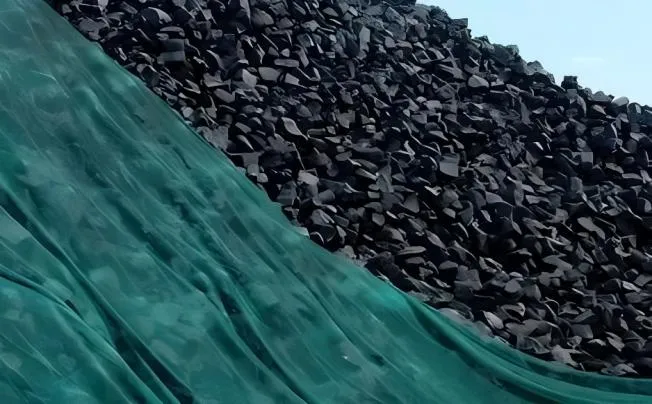
Petroleum coke, often abbreviated as petcoke, is a byproduct of the oil refining process. Derived from the heavy residue left after crude oil is distilled and treated, petroleum co…
Learn more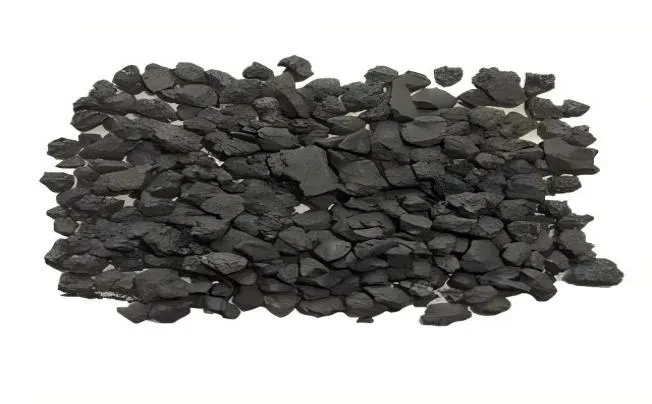
Petroleum coke, often referred to simply as petcoke, is a carbon-rich solid that emerges as a byproduct during the process of oil refining. It is derived from the thermal cracking …
Learn more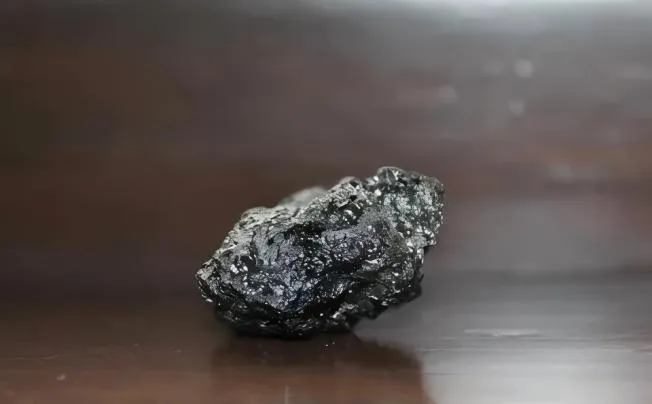
As the world continues to grapple with pressing energy demands and environmental sustainability, petcoke has emerged as both a valuable resource and a controversial waste product. …
Learn more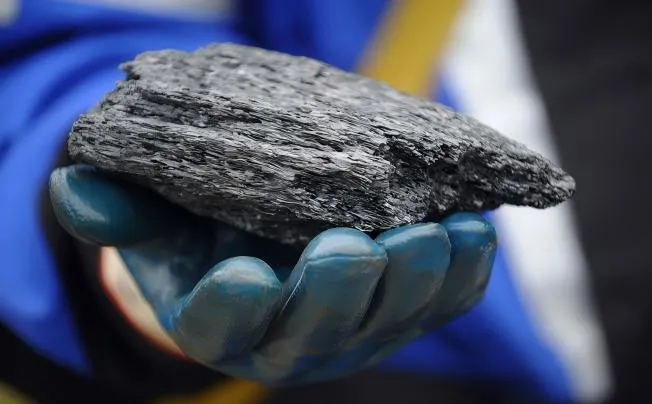
Petroleum coke, often abbreviated as pet coke, is a carbonaceous solid derived from the distillation of crude oil. It is a byproduct of the refining process and typically has a hig…
Learn more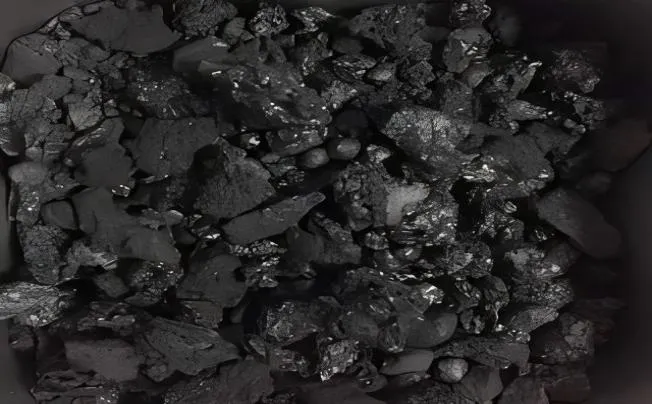
Petroleum coke, often called petcoke, plays a crucial yet understated role in numerous industrial applications. This carbon-rich material is primarily generated from the thermal cr…
Learn more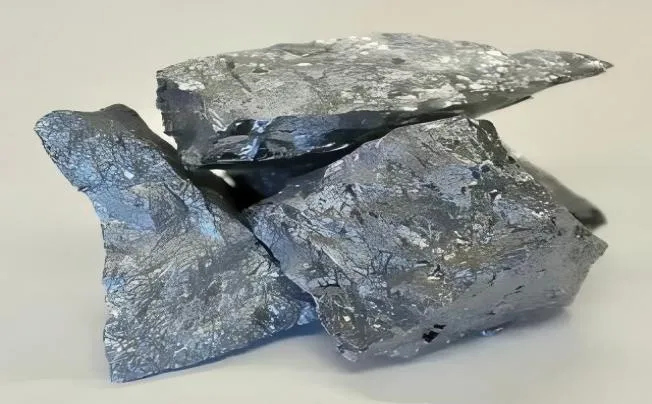
Silicon metal is a fundamental component in the realm of materials science and technology. Defined as a metalloid, it exhibits properties characteristic of both metals and non-meta…
Learn more
Silicone cookware has revolutionized the way we approach cooking in modern kitchens. This versatile material, derived from silica, is known for its flexibility, non-stick propertie…
Learn more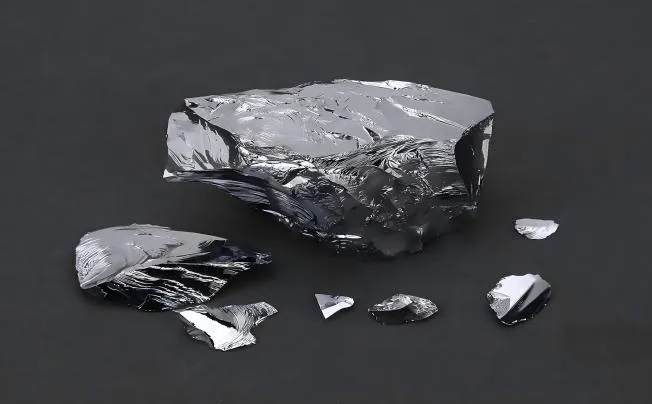
Abundant in the Earth's crust, silicon exists predominantly in the form of silicon dioxide (silica) and silicates, making up about 27.7% of the Earth's crust by mass. In health and…
Learn more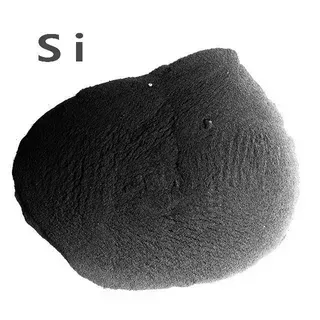
Silicon metal powder is a widely used material that plays a key role in various industries due to its excellent properties. With its fine particle size and high purity, silicon met…
Learn more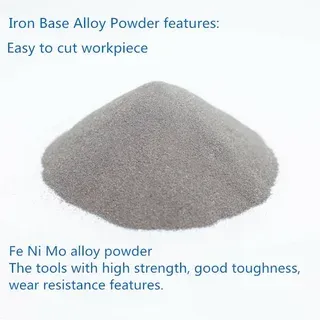
Silicon metal powder is a versatile and indispensable material that plays a pivotal role in various industries due to its exceptional properties and applications. Derived from the …
Learn more